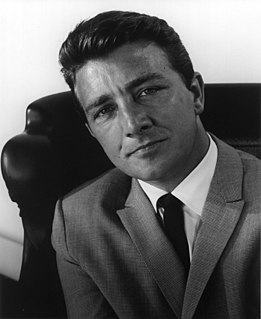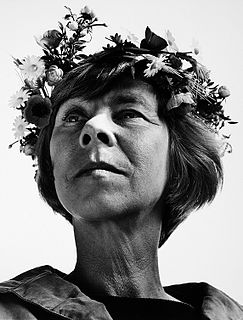A Quote by Lori Lansens
Write,' she said, 'as if you'll never be read. That way you'll be sure to tell the truth.
Related Quotes
It’s not enough to be able to lie with a straight face; anybody with enough gall to raise on a busted flush can do that. The first way to lie artistically is to tell the truth — but not all of it. The second way involves telling the truth, too, but is harder: Tell the exact truth and maybe all of it…but tell it so unconvincingly that your listener is sure you are lying.
Either I'm alive or I'm dying, she said to Daniel. Please don't feel you can't tell me. Which is it?
Which does it feel like? said Daniel. He patted her hand. You're not dead yet. You're a lot more alive than many people.
This isn't good enough for Rennie. She wants something definite, the real truth, one way or the other. Then she will know what she should do next. It's this suspension, hanging in a void, this half-life she can't bear. She can't bear not knowing. She doesn't want to know.
To tell the truth, this was one of the few cases in which she had not told him just what she was thinking. Usually, she let him know whatever thoughts happened to come to her, and indeed he never took it amiss if she let slip a word that might pain him, because when all was said and done that was the price one paid for sincerity.
And I asked my mother about it; I said, 'Is there something wrong?' She said, 'God... God makes people. You understand that, don't you?' And I said, 'Yeah!' She said, 'Who makes a rainbow?" I said, 'God.' She said, 'I never presumed to tell anyone who could make a rainbow what color to make children.'
She'd always known he loved her, it had been the one certainty above all others that had never changed, but she had never said the words aloud and she had never meant them quite this way before. She had said it to him, and she hardly knew what she had meant. They were terrifying words, words to encompass a world.
I was once doing a question and answer period with the novelist Jane Smiley in a bookstore and someone asked us what our processes were and Jane said hers and then I said mine and Jane said, "Well, if I had a student like that I'd force him never to write like that again because you could never write a novel in the way that you write poetry."





































